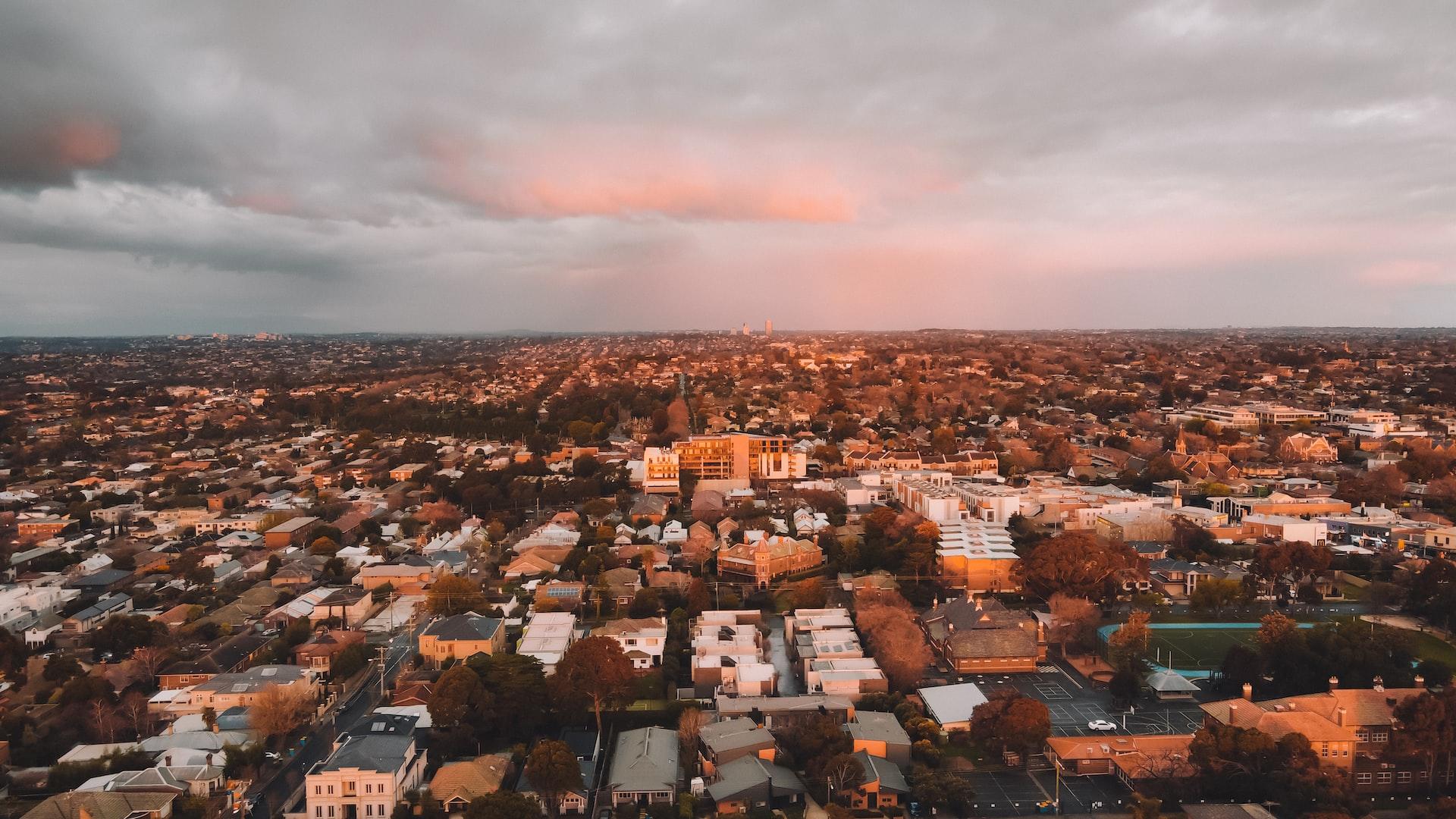The Australian property market is so crazy that it can sometimes feel like it's never the right time to buy. With median property values increasing by around 25% in the last couple of years before dipping back down around 5%, you wouldn't be blamed for being hesitant.
However, with rentals becoming more and more expensive, you might be thinking that it's now or never to buy a house and you wouldn't be the only one. A lot of first-time buyers are beginning to take advantage of what will likely be a short-lived dip in the market.
After all, in the world of property, periods of increase tend to last longer than periods of decrease and with the way housing has been in recent years, now is pretty much the only time you can be certain of what the market is like.
To get you started, here are some of our best tips for getting ready to buy a house.

Make Sure that You're Ready to Buy
While now is probably always the best time to buy in terms of the crazy Australian property market, it mightn't be the best time for you to buy a property.
Before you buy a home, it's a good idea to do some soul-searching and think carefully about your plans for the future. While having a home that you're paying for and own is better than renting a property that you don't own any part of, going through the process of buying a property isn't really a clever idea if you have other more important plans.
Think about what your short-term plans are and whether or not they're compatible with saving up for a deposit, getting a mortgage, looking for properties, and paying all the additional fees that come with it.
There's no problem putting homeownership to the side if it would get in the way of bigger and more important plans.
Think About the Cost of Buying a House
Houses aren't free and even the process of buying them isn't free. In addition to the deposit you'll need for a mortgage, there are also legal fees, taxes, and plenty of other costs that you need to include in your calculations.
The cost of buying a house is a serious commitment and not one that you can take lightly. You need to consider the initial costs as well as the ongoing cost of a mortgage, maintenance, etc.
Make a Budget
One excellent way to make sure that you're financially ready to buy a house is to work out a budget. Your budget should include everything and not just expenses related to homeownership. After all, if you include all your expenses, it can be much easier to work out where and how you can save money and where you could better spend your money.
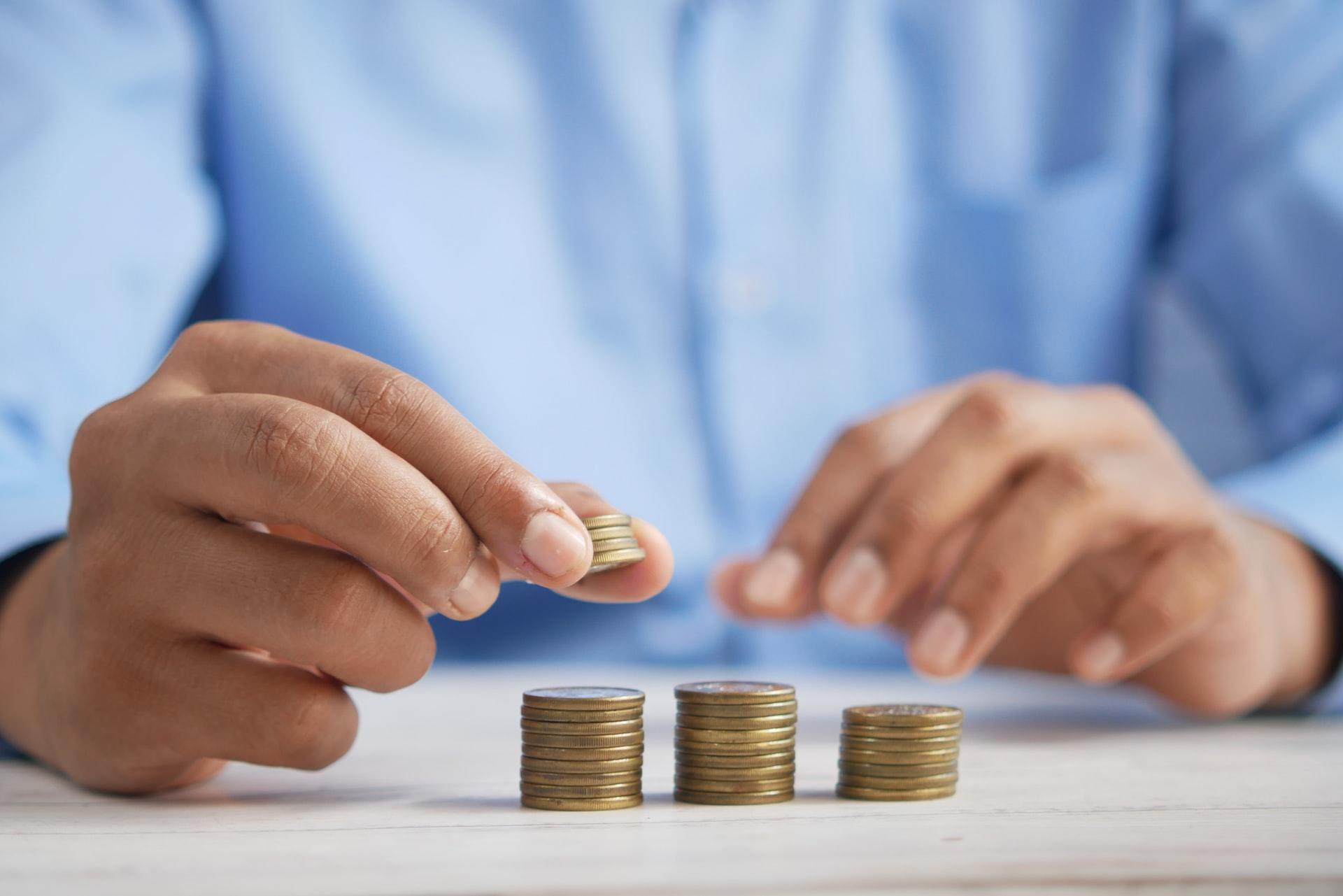
If you find yourself unable to save or always patiently waiting until payday, it might be a good idea to meticulously look at your spending habits, because there are often things that you could spend less money on.
It's recommended that you focus on any bad spending habits you might have. If you like to go shopping, it could be worthwhile avoiding the shops and taking up going for a walk in the park instead. If you have the budget for it, you don't have to sacrifice everything, but you could look into spending less on things that you don't enjoy that much or could do without.
Save Up a Deposit
To get a mortgage, you'll need a deposit. This is the first hurdle that many aspiring homeowners need to clear and it's often a tricky one, especially if they find themselves spending a lot of their budget on their current living arrangements.
If you're stuck renting and find that most of your money is going on rent, this isn't really a flexible part of your budget you could be putting to one side for a deposit, but it can help to be strict with yourself to ensure that you're putting money aside to cover a deposit.
Once you have your budget ready, you can set yourself a savings goal and make sure that you stick to it. If you have some extra cash at the end of the month, you could put it towards the deposit, too.

See What Kind of Mortgage You Could Get
A mortgage is basically a loan to pay for a house and how much you can borrow will depend on factors like your credit history and how much you're earning.
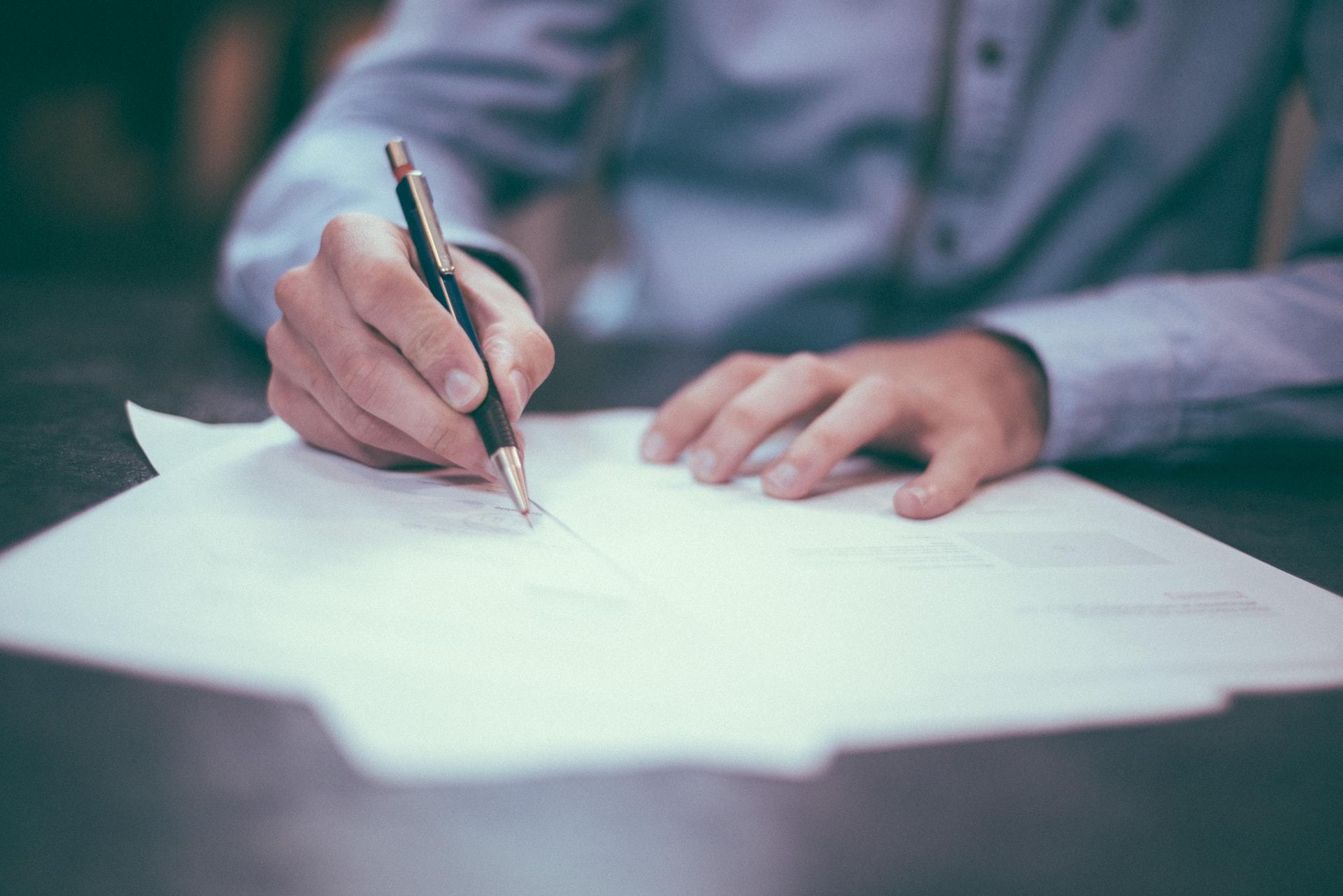
Before you even start looking at houses that you'd like to buy, look at the different types of mortgages that could be available to you, how much you could borrow, and what the repayments would be like.
You'll want to make sure that any mortgage you get comes with repayments that you can afford and work with your budget. While it's likely that your mortgage repayments will be cheaper than renting in a lot of situations, you mustn't forget all the other payments that are involved and that it's always useful to have savings to pay for repairs, etc.
Look for the Best Mortgage Rates You Can Get
Once you see which mortgages are available to you, you'll want to shop around and compare different ones, especially since you'll want mortgages with the best rates so that you ultimately end up paying less by the time you've paid it all off.
There are different mortgages available and aspiring homeowners are advised to look around for the best ones. Fortunately, there are plenty of services and resources for comparing different mortgages, especially online, and it's never been easier to shop around for your mortgage.
Choose Where You Want to Live and the Kind of Property You Want to Buy
Before you start looking at houses, it's a good idea to decide what kind of house you want to live in. There's no point in looking at lots of different houses just to say that they're not right for you.
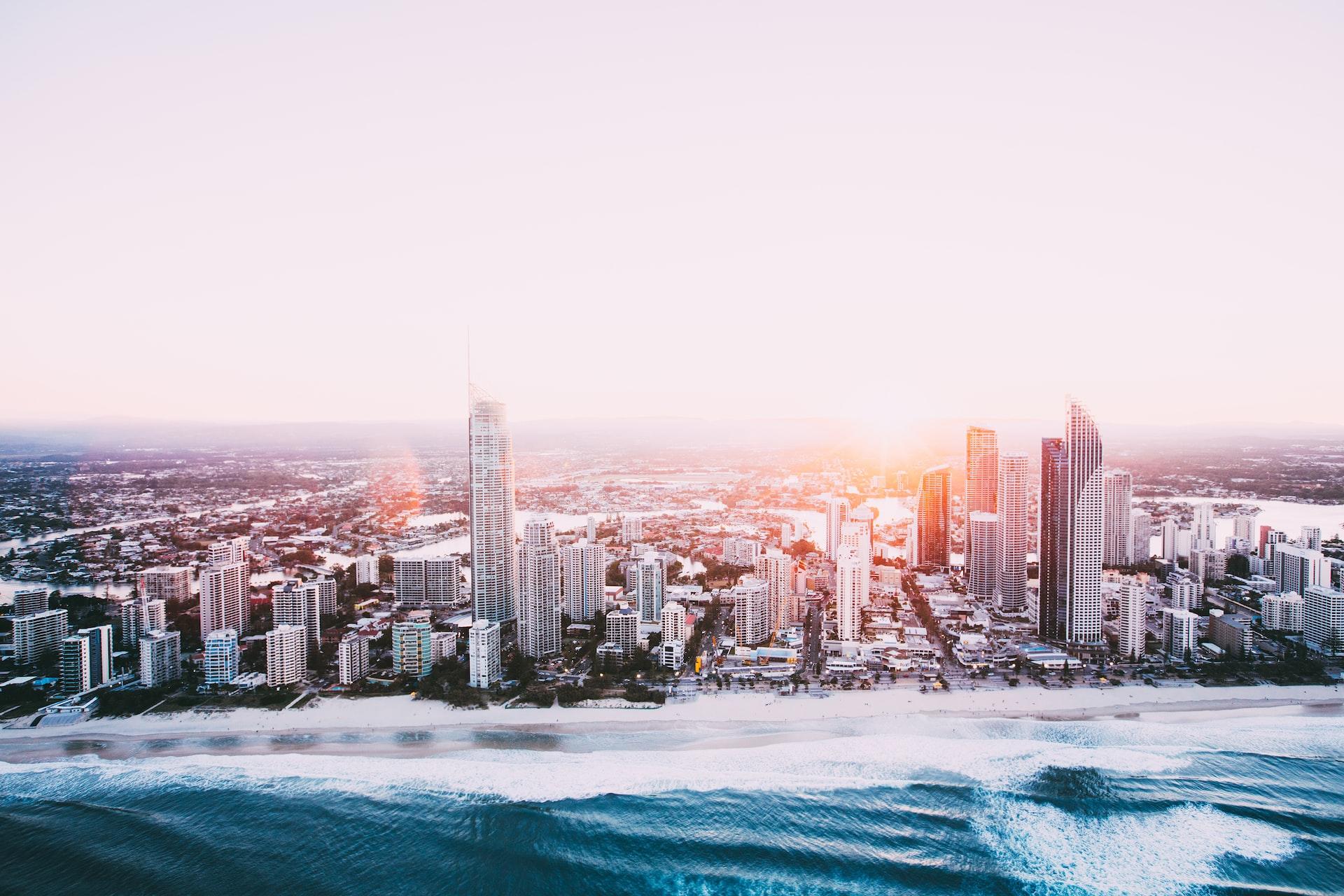
Think about where you want to live. Families, for example, might want to look in areas with good schools whereas if you don't have children, you might prioritise places that make getting to and from work much easier.
Whatever your criteria, it's always recommended that you keep them in mind before you start looking for properties as you can save yourself a lot of time by not looking at properties that you'll never be interested in.
Start Looking for Your House
Once you know what you can afford, where you'd like it to be, and what kind of property you have in mind, you can start looking for houses and visiting the ones that might be right for you.
Having clear criteria in mind is one thing, but remember that there mightn't be anything available matching that and you may have to be flexible.
Use your criteria to guide you while keeping in mind that compromises may have to be made, especially if there's nothing on the market that perfectly matches what you're looking for. Ultimately, it's up to you whether or not you buy a house, but you don't want to spend years looking for a house when you could have already bought one and made it into a home.
Negotiate the Price
The sale price of a home will affect your mortgage repayments so it's always worthwhile trying to negotiate where you can.
Naturally, you need to think about the position you're in and you won't want to drive such a hard bargain on the only house you like. However, if there are plenty of properties that you'd be happy to buy, there's no reason that you can't try your luck by asking to pay less and end up saving yourself a lot of money in the long term.
Don't Forget About Moving In
Buying the house might seem like the end goal, but once you have your mortgage approved and the sale goes through, that's when you actually start having to pay for your new house.
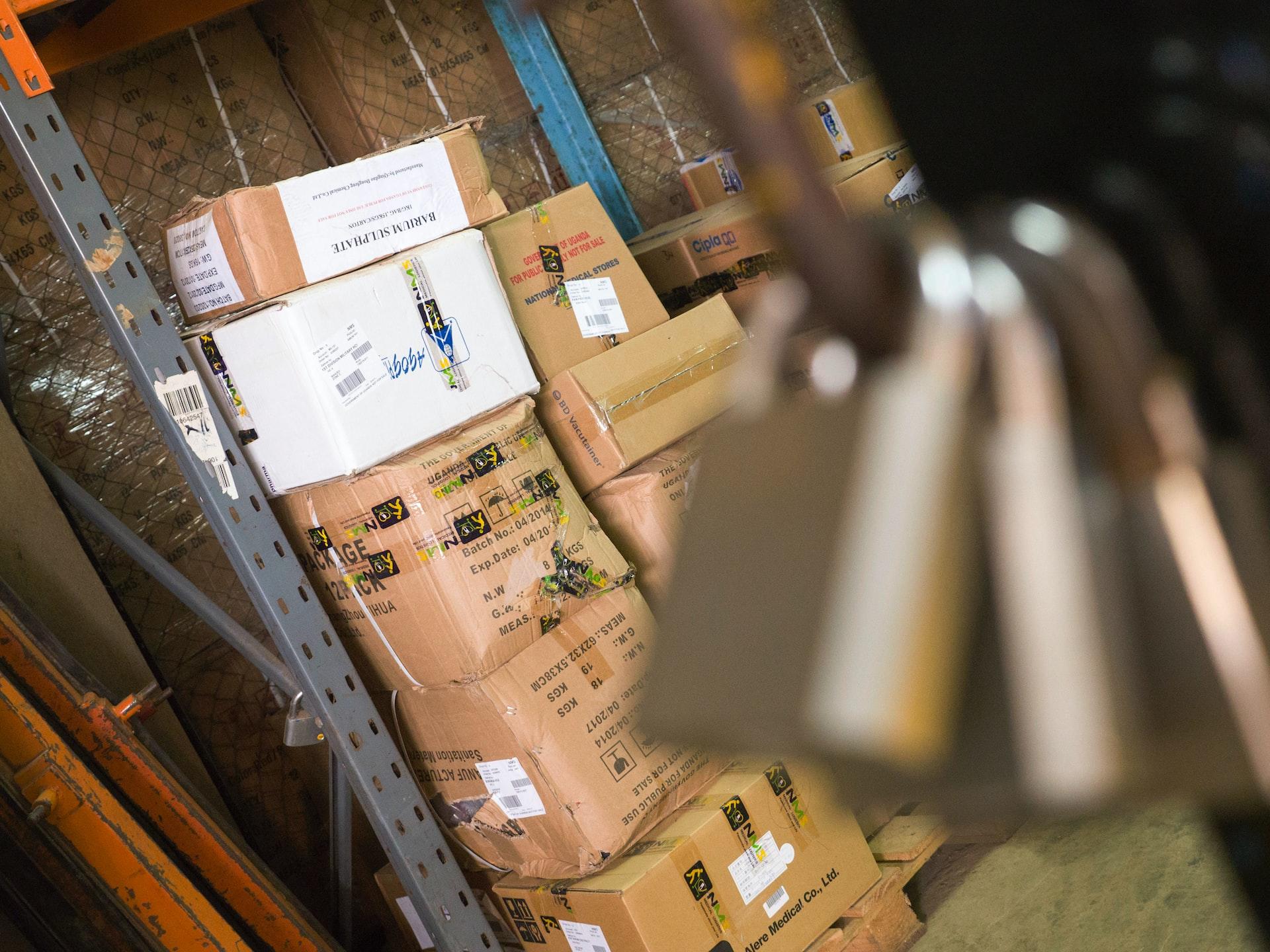
There are lots of costs involved in this part of the sale such as stamp duty, which you'll have to pay within 30 days of settlement, as well as the time and money you'll have to spend getting your stuff into your property.
Then there are any repairs, maintenance, or decorating that you might have to do. If you've bought a property that needs work, then you'll need to go about hiring people or doing it yourself, which will also cost time and money.
It'll be worth it once you've turned your house into a home, but that doesn't mean you can forget about it while you're sorting out a mortgage and looking at properties.
Summarise with AI:

